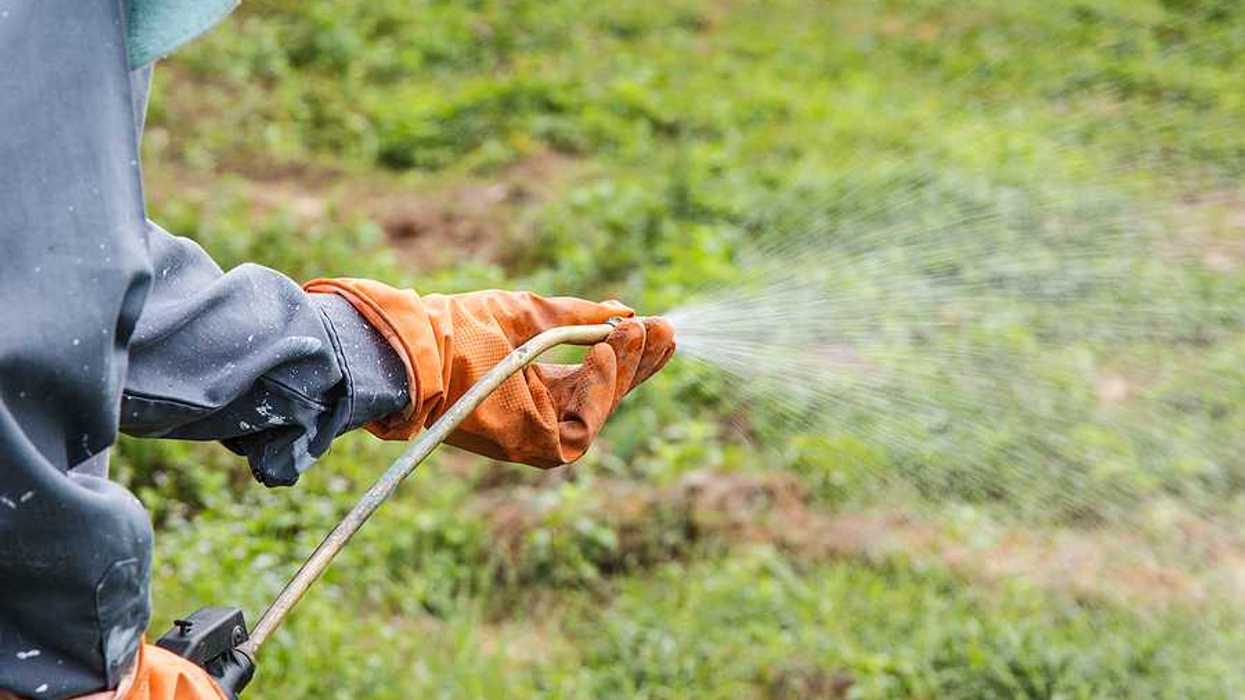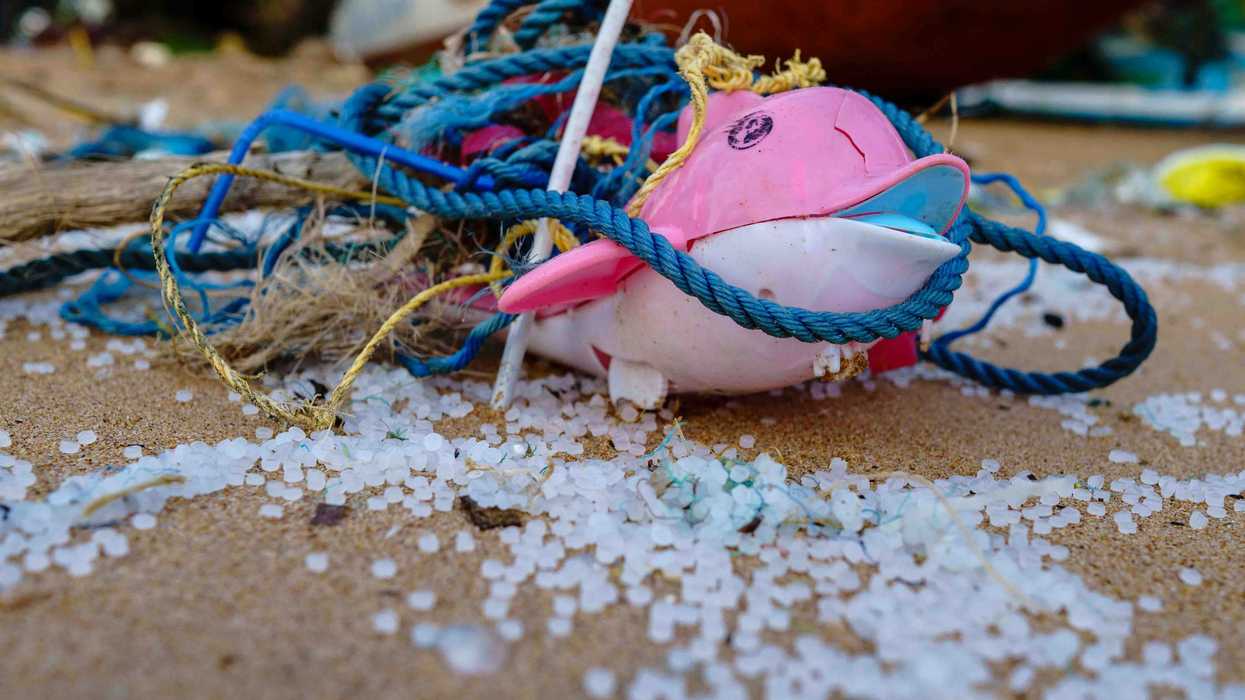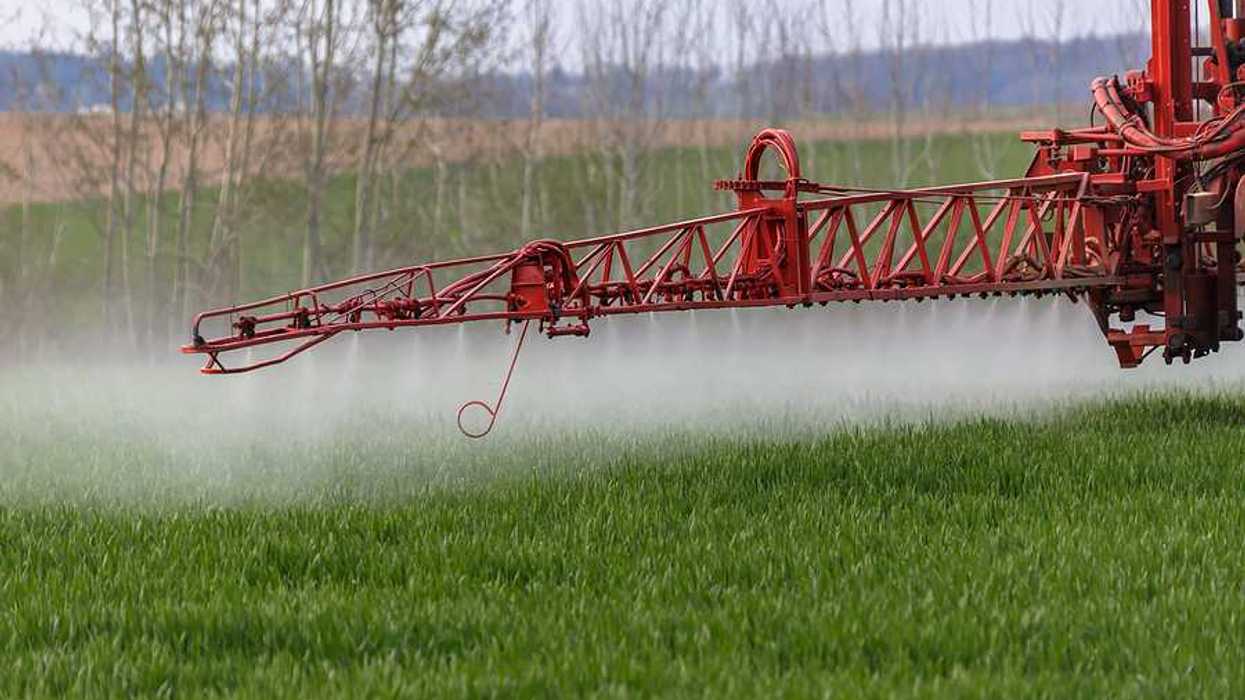A study published in Environmental Epidemiology examined the association between prenatal PFAS exposure from drinking water and childhood cancers in California.
In short:
- For children of mothers born in Mexico, prenatal exposure to PFAS was associated with an increased risk of Wilms tumor, a type of pediatric kidney cancer that’s the fourth most common form of childhood cancer.
- Study results also suggested a potential association between exposure and other forms of cancer, although these findings weren’t statistically significant.
- Since this study estimated PFAS exposure based on drinking water contamination rather than measuring individual exposure directly, further research is needed to better understand the implications for childhood cancer risk.
Key quote:
“Our research contributes to the sparse literature on childhood cancers explored in previous epidemiologic studies…. Additional studies are warranted to investigate these relationships further.”
Why this matters:
Exposure to PFAS chemicals is widespread - according to the CDC, approximately 98% of the U.S. population has detectable PFAS in their blood. Drinking water and diet are the main sources of PFAS exposure in adults, and these exposures can be transferred to children during pregnancy and breastfeeding. The results of this study highlight the need for more research on PFAS’ health impacts, especially in vulnerable populations like mothers and their newborns.
Related EHN coverage:
- PFAS exposure linked to changes in children’s brain matter
- Wastewater treatment plants fail to remove most toxic PFAS from drinking water sources
- PFAS levels increase throughout pregnancy, study finds
More resources: The PFAS Exchange offers educational materials on PFAS and their health effects, resources for obtaining and interpreting blood tests, maps of contaminated sites, and more. It’s important to note that many communities have not yet tested water for PFAS, and more contamination continues to be discovered as more testing occurs.
Binczewski, Natalie et al for Environmental Epidemiology. Feb. 2025
- Bisphenol A increases the size of primary mammary tumors and promotes metastasis in a murine model of breast cancer ›
- Plastics cause wide-ranging health issues from cancer to birth defects, landmark study finds ›

















